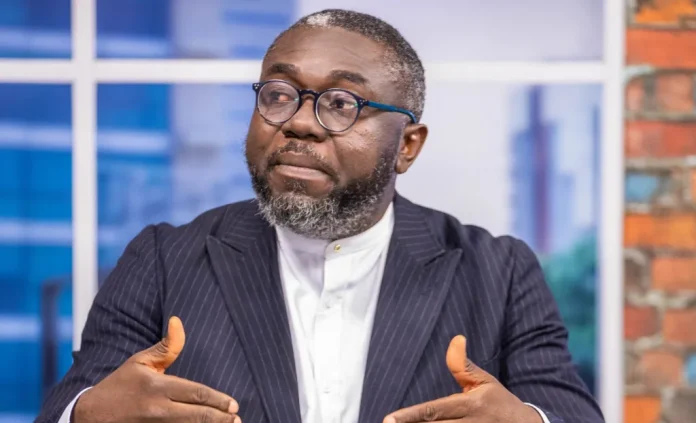Prominent Lawyer and Activist Challenges Ghana’s National Democratic Congress
Oliver Barker-Vormawor, a well-known lawyer and social activist, has recently criticized Ghana’s ruling National Democratic Congress (NDC), accusing the party of straying from its leftist origins.
Barker-Vormawor took to social media to express his disappointment with the NDC, claiming that the party has deviated from its ideological principles despite being in power under President John Mahama.
Reflecting on his own support for Ghana’s socialist traditions, he highlighted his early backing of the Convention People’s Party (CPP) as the only movement that demonstrated true leftist governance. While acknowledging Jerry Rawlings’ initial revolutionary vision, he criticized the later PNDC period for adopting “ideologically confused” policies that favored foreign capital.
When discussing the requirements for genuine leftist leadership today, Barker-Vormawor emphasized the need to dismantle corrupt elite networks, combat illegal mining activities (galamsey), and ensure that the country’s mineral wealth benefits its citizens through nationalization.
“A true leftist government would not only put an end to galamsey but also reclaim the mines for the people, rather than allowing foreign capitalists to exploit them,” he stated. He went as far as proposing death penalties for individuals involved in large-scale corruption to demonstrate the NDC’s commitment to socialist ideals.
Asserting that “leftist politics demand decisive action,” Barker-Vormawor warned that unless the NDC shows unwavering dedication to the struggles of the working class, he would advocate for the establishment of a genuinely socialist alternative.
His critique comes at a pivotal time for the NDC as it prepares for the post-Mahama era in 2028, when the President, who is constitutionally barred from seeking reelection, will step down. Barker-Vormawor’s challenge raises fundamental questions about the party’s identity and its ability to reconcile its grassroots origins with the complexities of governance.
“Only a leftist agenda can create a more equitable society for all, not just a select few,” he concluded.







